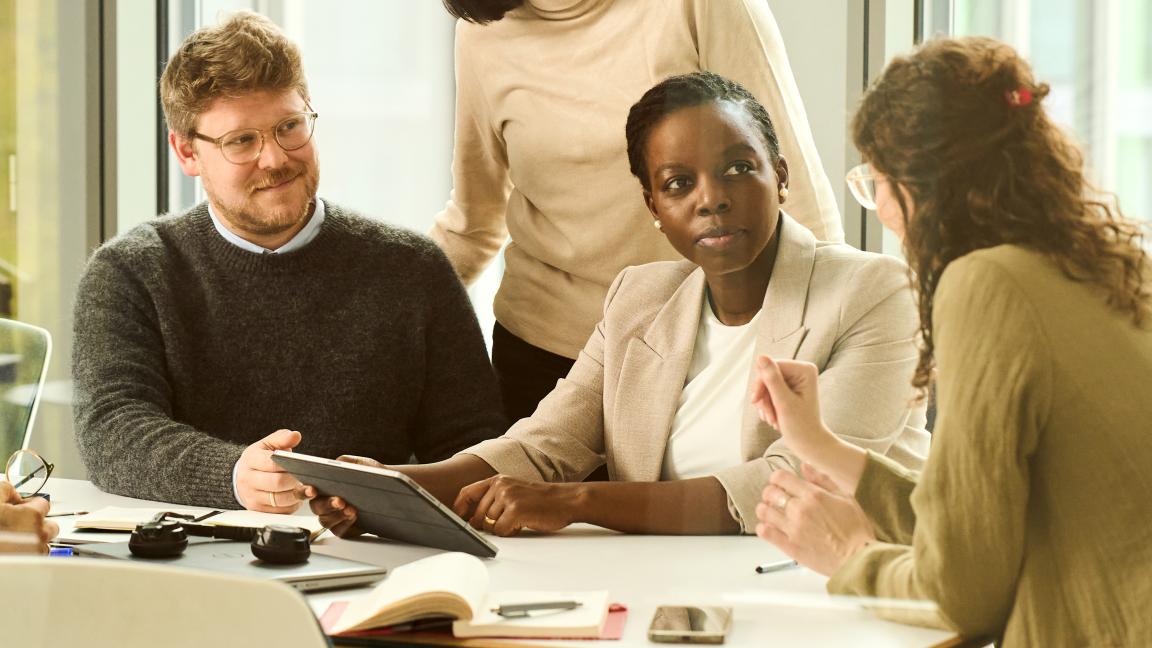Achieving impact
Our experts support sustainable change – be it in Cambodia, Liberia or Germany. GIZ has over 50 years of experience in a wide variety of areas, including economic development and employment promotion, energy and the environment, and peace and security.
In focus

Projects around the world
1,440
Commissions
90
Countries





